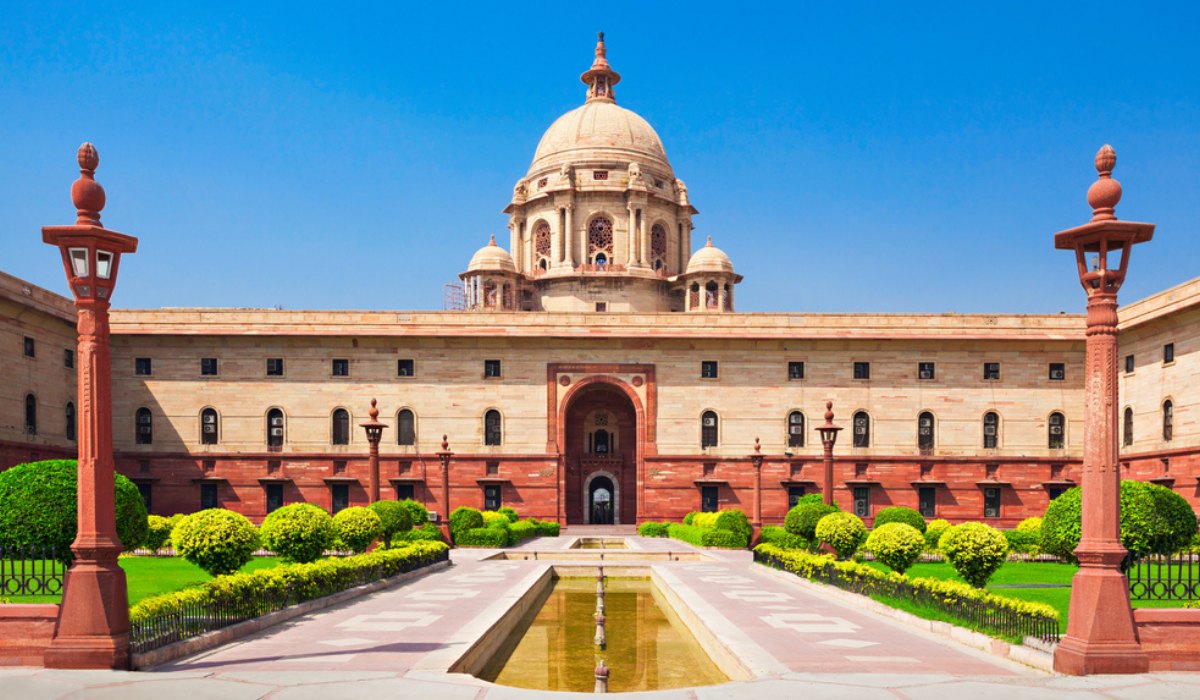What are the Powers of the Indian President ?
Many People are Unaware of the Powers Of Indian President, some believe that the President only acts as a stamp who give accent to the Bills passed by the Parliament but that is not really true. The Constitution of India empowers the President and grants him so many Legislative, Executive and Judicial Powers that makes its office the most powerful and respectful in many aspects. In this Blog I will discuss all the powers of the Indian President.
Executive Powers:
1- Article 53(1) of the Indian Constitution says that all Executive and official orders of the Government Of India shall be executed under his name, which means that the President has the powers to issue orders which can be related to any Ministry, Department or PSUs. He can also exercise his powers directly through his subordinate officers.
Appointing Powers:
1- Article 75 of the Indian Constitution empowers the President to appoint the Prime Minister who may hold his office during the pleasure of the President.
The President also has the powers to appoint the Union Cabinet Ministers on the advice of the Prime Minister, Supreme Court Judges, High Courts Judges, Governors of the State, Attorney General of India, Comptroller and Auditor General of India(CAG), Chairperson and Members of Union Public Service Commission(UPSC), Chairperson and Members of the Finance Commission and can also remove them from their posts as per legal procedure.
Military Powers:
1- The President of India is the Supreme Commander of the Indian Armed Forces he has the powers to appoint the Head of Armed Forces, he has the powers to declare War and Peace on recommendation of the Union Cabinet.
Diplomatic Powers:
1- As the Head of the State he has the powers to send and receive ambassadors and Diplomats, all treaties and negotiations are signed and concluded in the name of the President.
Legislative Powers:
1- The President has the powers to summon the Parliament, he can also dissolve the Lok Sabha or lower house of the Parliament.
2- Article 108 on the Indian Constitution empowers the President to order Joint Session of both the Houses to revoke conflict which arises on any Ordinary Bill.
3- Article 86 empowers the President to send messages to the Parliament during any Session.
4- Article 111 says that every Bill passed by the Parliament will be sent for his accent after which it can become a Law.
5-Article 3 says that a bill for the creation of a new state or boundary will sent to the Parliament only after the President's advice.
6- Article 80(3) empowers the President to nominate 12 member to the Rajya Sabha who may be from Science, Art or educational background.
7- Article 331 also empowers the President to appoint 2 Anglo-Indian members to the Lok Sabha.
8- Article 112 empowers the President to present the reports of CAG, Finance Commission, UPSC, SC/ST commission to the Parliament.
Ordinance Making Powers:
1- Article 123 deals with the Ordinance making powers of the President. An Ordinance is a Law that is promulgated by the President only when the Parliament is not in Session.
Pardoning Powers:
Pardoning powers is provided in the constitution to avoid Judicial errors, the Judges are empowered to provide judgement they are also humans they can also commit mistakes.
1- Article 72 deals with the pardoning powers of the Indian President.
a- Pardon- It means to completely remove all forms of Punishment.
b- Commutation- It means to change the punishment into a lighter one. For example the President can order life imprisonment instead of hang till death.
c- Remission- It means to reduce the punishment. For example the President can change the punishment of life imprisonment to imprisonment upto 10 years.
d- Reprieve- It mean that the President can completely deny the execution.
e- Respite- It mean that the President can replace the punishment given to a person due to special fact. For example- If a blind person in ordered imprisonment for upto 10 years then the President considering this special fact can reduce the punishment for upto 5 years.
These are powers which are given to the President of India.
Source: Constitution of India
Follow me on Instagram: https://instagram.com/factblogger_?igshid=YmMyMTA2M2Y=

Comments
Post a Comment